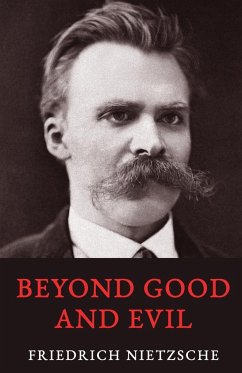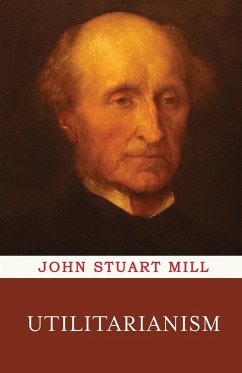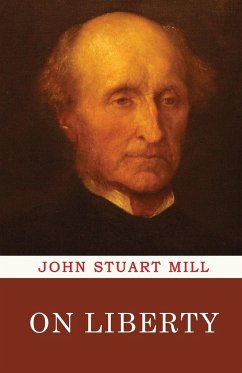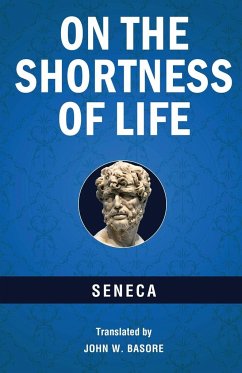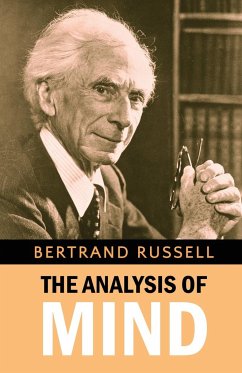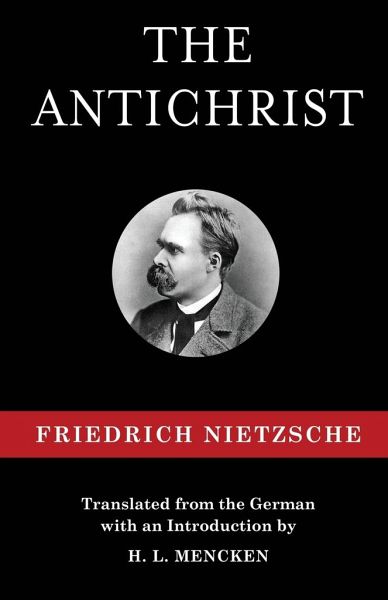
The Antichrist
Versandkostenfrei!
Versandfertig in 1-2 Wochen
13,99 €
inkl. MwSt.

PAYBACK Punkte
7 °P sammeln!
The Antichrist by Friedrich Nietzsche is a philosophical work that considers the moral status of religion, as well as the nature of existence. It is one of Nietzsche's most famous works and stands as a cornerstone of his thought. In The Antichrist, Nietzsche presents a highly controversial view of Christianity as a damaging influence upon western civilization that must come to an end. Regardless of one's religious or philosophical point of view, The Antichrist makes for an engaging philosophical discourse. He argues that Christianity has made humanity weak, and that in order for humanity to re...
The Antichrist by Friedrich Nietzsche is a philosophical work that considers the moral status of religion, as well as the nature of existence. It is one of Nietzsche's most famous works and stands as a cornerstone of his thought. In The Antichrist, Nietzsche presents a highly controversial view of Christianity as a damaging influence upon western civilization that must come to an end. Regardless of one's religious or philosophical point of view, The Antichrist makes for an engaging philosophical discourse. He argues that Christianity has made humanity weak, and that in order for humanity to reach its true potential, these values must be discarded. Nietzsche's one of the most debated thinkers of the 19th century, Nietzsche and his works have been by turns vilified, lauded, and subjected to numerous contradictory interpretations, and yet he remains a figure of profound import, and his works a necessary component of a well-rounded education. The Antichrist is absolutely vital to any meaningful understanding of Nietzsche the man and Nietzsche the philosopher. An insightful and entertaining indictment of Christianity, it has enraged and inspired generations of readers.







